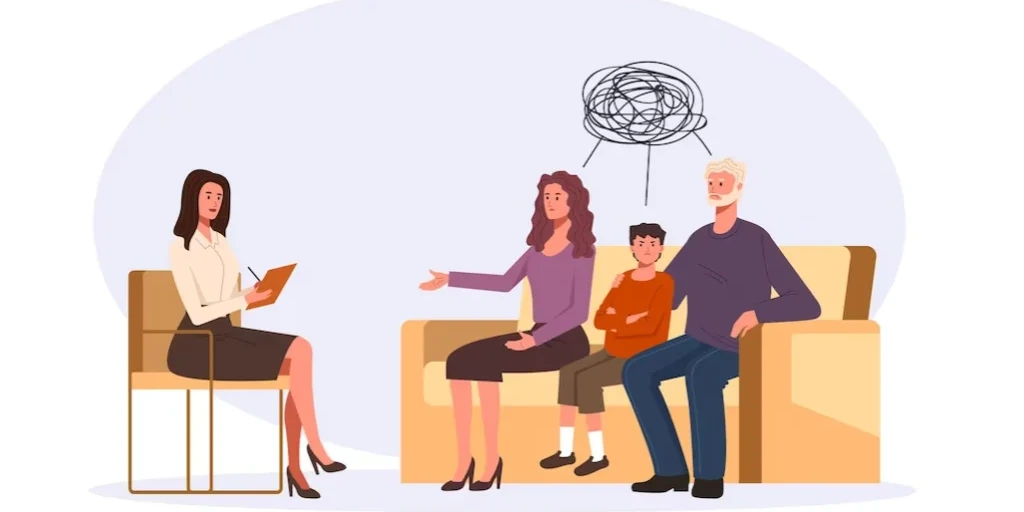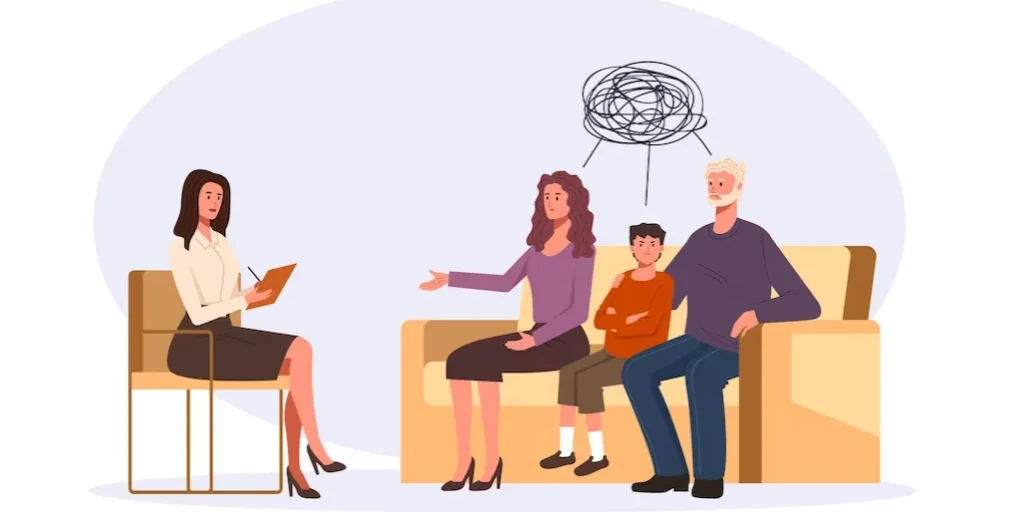24/7 Helpline:
(866) 899-221924/7 Helpline:
(866) 899-2219
Learn more about Dual Diagnosis Rehab centers in Scottsville
Dual Diagnosis Rehab in Other Cities

Other Insurance Options

Coventry Health Care

Amerigroup

Health Partners

Group Health Incorporated

Absolute Total Care

Regence

Meritain

BHS | Behavioral Health Systems

American Behavioral

Premera

Magellan Health

Carleon

State Farm

WellPoint

Providence

Highmark

PHCS Network

Holman Group

AllWell

Covered California

Time Out Community Counseling and Correctional Services
Time Out Community Counseling and Correctional Services offers outpatient treatment for individuals ...

LifeSkills Service Center – Allen County
LifeSkills Service Center – Allen County is a private rehab located in Scottsville, Kentucky. LifeSk...

More to Life Counseling
More to Life Counseling offers faith-based and evidence-based counseling services for individuals, f...
































































